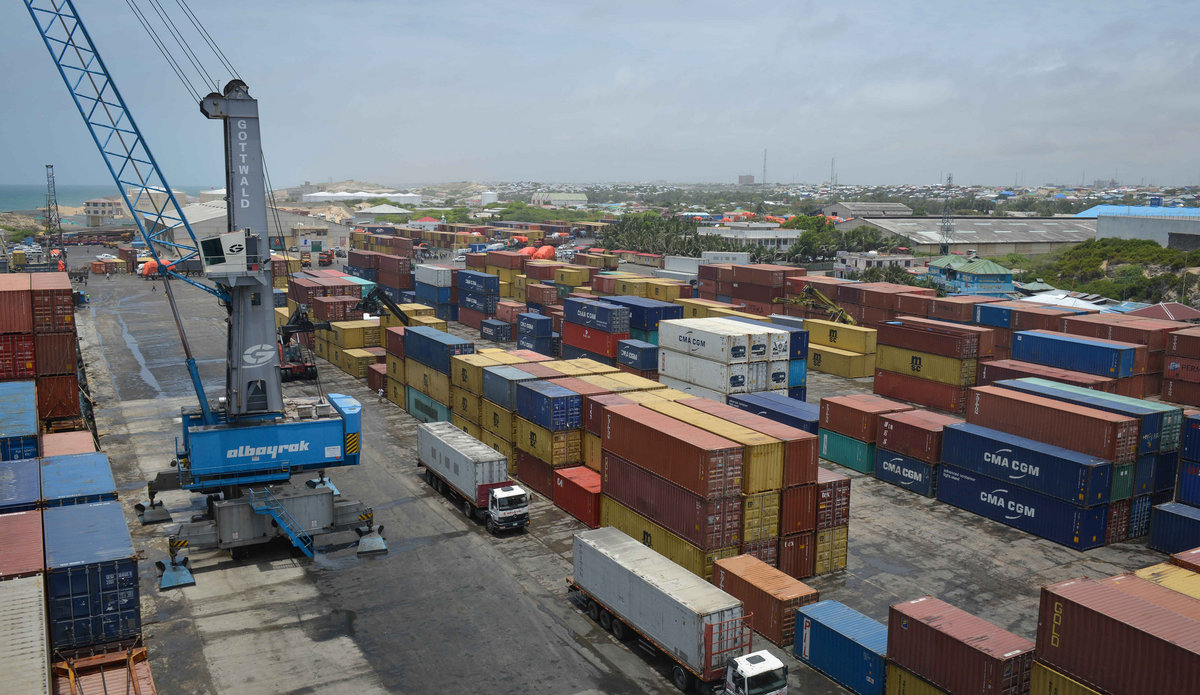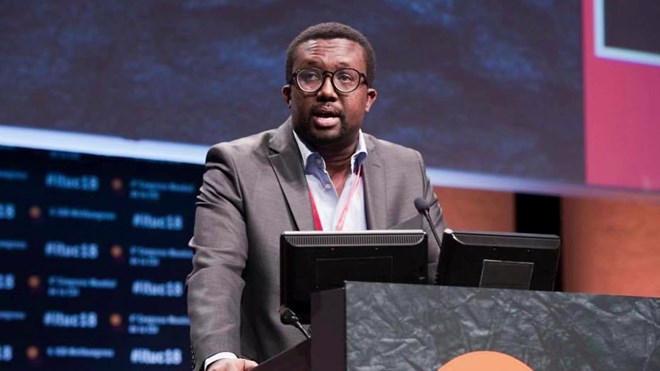Mogadishu port renegotiation
In 2018, following FGC advice, FGS commenced renegotiation of the Mogadishu port contract
which had been signed with a Turkish firm, Al Bayrak, in 2013. The stated objective of the
renegotiation was to achieve efficient operation of the port by enabling necessary capital investment, ensuring transparency, clarifying the roles and responsibilities of the parties, and adjusting tariff levels and revenue shares as necessary. The parties met on a number of occasions throughout 2018 and reached agreement on many elements of a term sheet that would form the basis of a longform revised agreement. However, the parties were unable to reach agreement on a number of key commercial terms, including revenue share
and investment amounts. The contractor did not provide justification for its position on these
issues and the renegotiation process ground to a halt, culminating in a last and final offer sent by FGS to the contractor in December 2018.
The FGS did not take further action until May 2019, when the FGS met with the Turkish government and representatives of the contractor in Turkey. During this meeting the parties committed to finding a way forward and reached a high-level agreement on revised commercial terms, enabling the renegotiation process to move forward. Negotiations resumed in August 2019, taking the high-level agreement as a starting point. In November 2019, a number of other issues not resolved via negotiations were elevated to FGS senior leadership for discussion. In March 2020, discussions between the contractor and FGS
achieved some progress on the unresolved issues, and shortly thereafter negotiations recommenced on a largely virtual basis.
FGS has submitted a final version of the revised concession agreement to the contractor for
review. The revised agreement is expected to be signed during the third quarter of 2020,
following IMCC approval and registration with the OAG, as required by the Procurement Act.
Legal support funded by the ALSF and technical support funded by the World Bank and, more
recently, by the EU have played an important role in supporting FGS to develop a revised
agreement that marks a significant step towards comparative good practice.
The main improvements captured in the Revised Agreement, as compared to the 2013 agreement, are as follows:
- Port investment: The Revised Agreement enables FGS to require the contractor to
undertake essential investments in the Mogadishu port. - Commercial basis: The proposed sharing of port revenue between the parties has been
updated based on estimated costs for port operations and investments.
Operating requirements: The Revised
Agreement captures a clearer specification
of contractor operating obligations. - Taxation: The Revised Agreement requires the payment of taxes according to prevailing
legislation. - Monitoring and reporting: The Revised Agreement provides clear requirements
for the reporting and audit of operational and financial data related to the operation
of the port. - Termination provisions: The Revised Agreement adds clear language around
the events that would give rise to a right to terminate and the consequences of
termination
The Revised Agreement requires that the FGS play an active role in its management. This
is particularly true with respect to monitoring required investments. The Revised Agreement
places on FGS the responsibility for closely monitoring the execution of the Implementation
Plan and for working continually with the contractor to review and approve specifications
for investment requirements not covered by the initial Implementation Plan. The FGS will be
supported technically by a qualified engineer. FGS will still need to pay close attention, however, to ensure that it meets its own obligations under the contract. Failure to review or approve/reject submissions from the contractor in a timely manner may affect FGS’s ability to hold the contractor to its responsibilities as spelled out under the Revised Agreement.
The need for active contract management is not unique to the port concession agreement. For long-term partnerships, such as concessions, the active engagement of the conceding
authority is generally a requirement to ensure value for money and protect the interests of
the government. Following the signature of the renegotiated concession agreement for the Mogadishu airport, the FGC recommended that FGS retain specialised support to assist in fulfilling its obligations under the agreement. These obligations include the review of detailed designs and works to be completed, the monitoring of performance standards, and financial reporting. The FGC further recommended that the IMCC require updates from the conceding authority, the Ministry of Transport and Civil Aviation, every six months to keep apprised of progress and fulfil FGS obligations. These recommendations do not appear to have been considered seriously. Little information is currently available on the status of implementation of key provisions of the airport concession agreement, including basic financial reporting.





